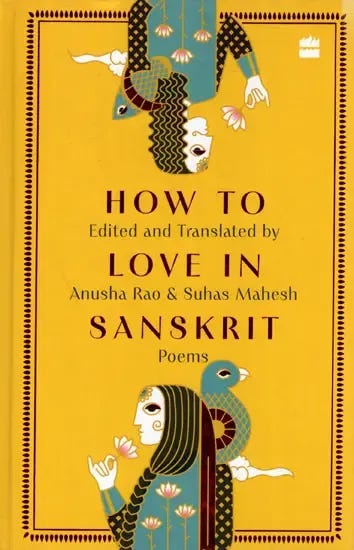Kidney Conundrums
We are starting a new feature in the Renal Rounds, and calling it Kidney Conundrums. This is loosely inspired by the Annual Conundrum Show of the American political analysis show, the Political Gabfest. In that show, the hosts step away from their usual political analysis to tackle whimsical, thought-provoking, and often humorous "conundrums" submitted by listeners.
The Renal Rounds will flip this model by posing a conundrum question here and inviting you to respond. We will collate all responses and share them with the readers in one of the future posts.
Through this medium, we want to engage better with all of you and also, in the process, uncover aspects of health/kidney care or our lives as health professionals that we usually do not pay much attention to.
My only guidance for those engaging with the questions posed here is that there are no wrong or stupid answers. Also, if you want the answers you provide to appear anonymously, that is totally possible.
Your answers can be as long or as short as you want them to be. You can use text, sound, or images.
Depending on the response, we will do this every 2-4 weeks.
Here we go with the first one -
What subject would you like to see omitted from medical/nephrology curriculum and why?
Click here to submit your responses.
While you are at it, we invite you to submit your own conundrums. They can be anything from hypothetical dilemmas to philosophical questions that are likely to spark lively discussions.
Please click here to submit.
Recommended Podcast
The award-winning BBC podcast Three Million is a five-part series of the forgotten story of the 1943 Bengal Famine in British India, during which at least three million people perished. Compellingly presented by Kavita Puri, the series contains first-hand accounts of survivors, farmers, fishermen, artists, writers, and colonial officials never heard before. The meticulous research, emotional depth, and sensitive storytelling brings to life this systemic neglect of the largest civilian losses on the Allied side during the War.
Interesting Book
Right now, I am in the middle of (and thoroughly enjoying) this quirky anthology by Anusha Rao and Suhas Mahesh that presents Sanskrit as a language of love, as opposed to its usual association with religion and tradition. It has about 200 short poems and prose pieces translated from Sanskrit, Prakrit, Apabhramsha (corrupted Sanskrit), and Pali. This book's unique (and interesting) feature is the authors’ approach to translation (they call it a game of compromise) - intentionally simplifying vocabulary and foregoing replication of the original meter and sound, focusing instead on capturing the emotional core. They argue that literal translations fail to convey the beauty or relevance of the originals to present-day readers. Also interesting is the authors’ background (they are a married couple) - Dr Rao is a scholar of Sanskrit and Indian religion, and Dr Mahesh has a PhD from Oxford in Semiconductor Physics.





